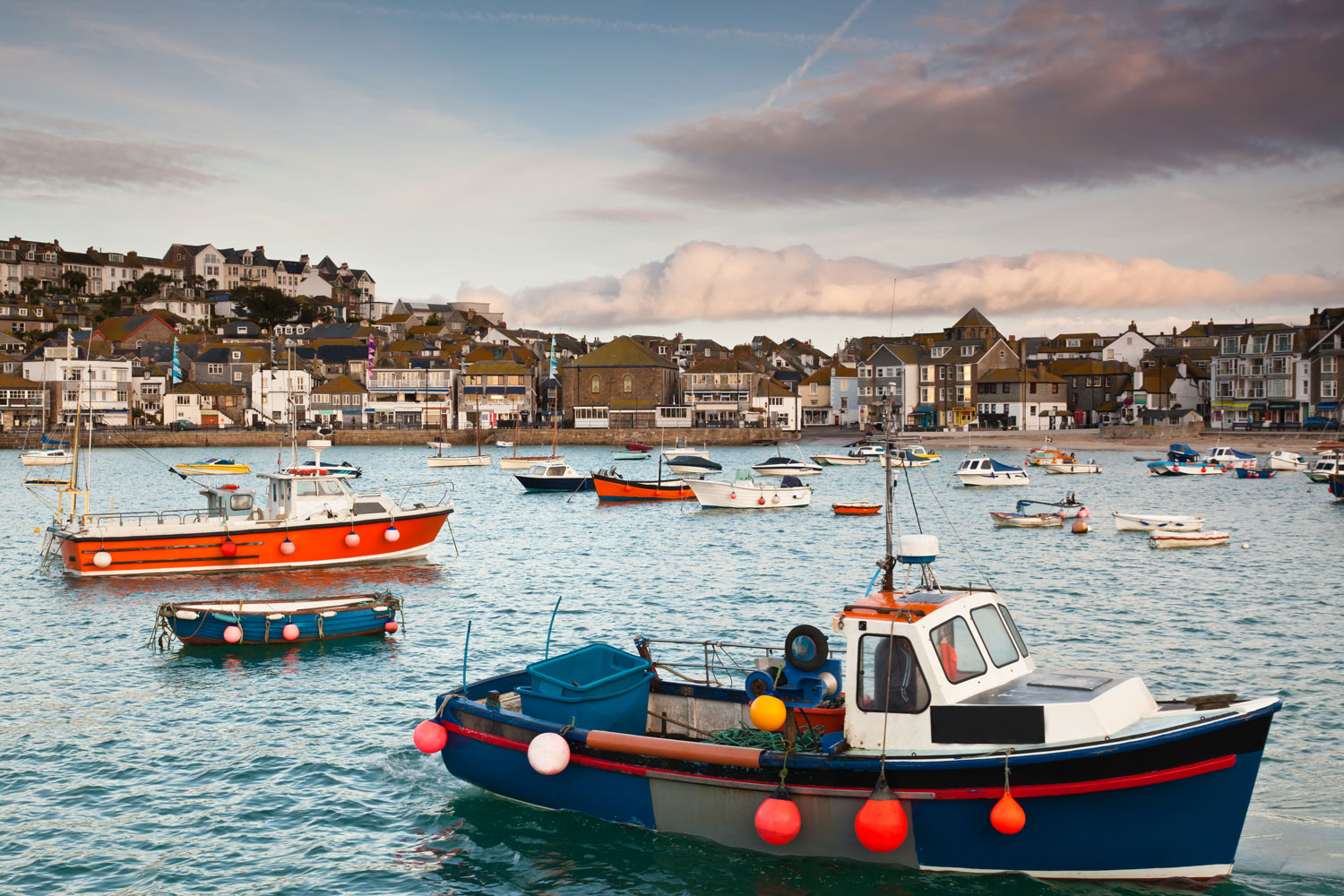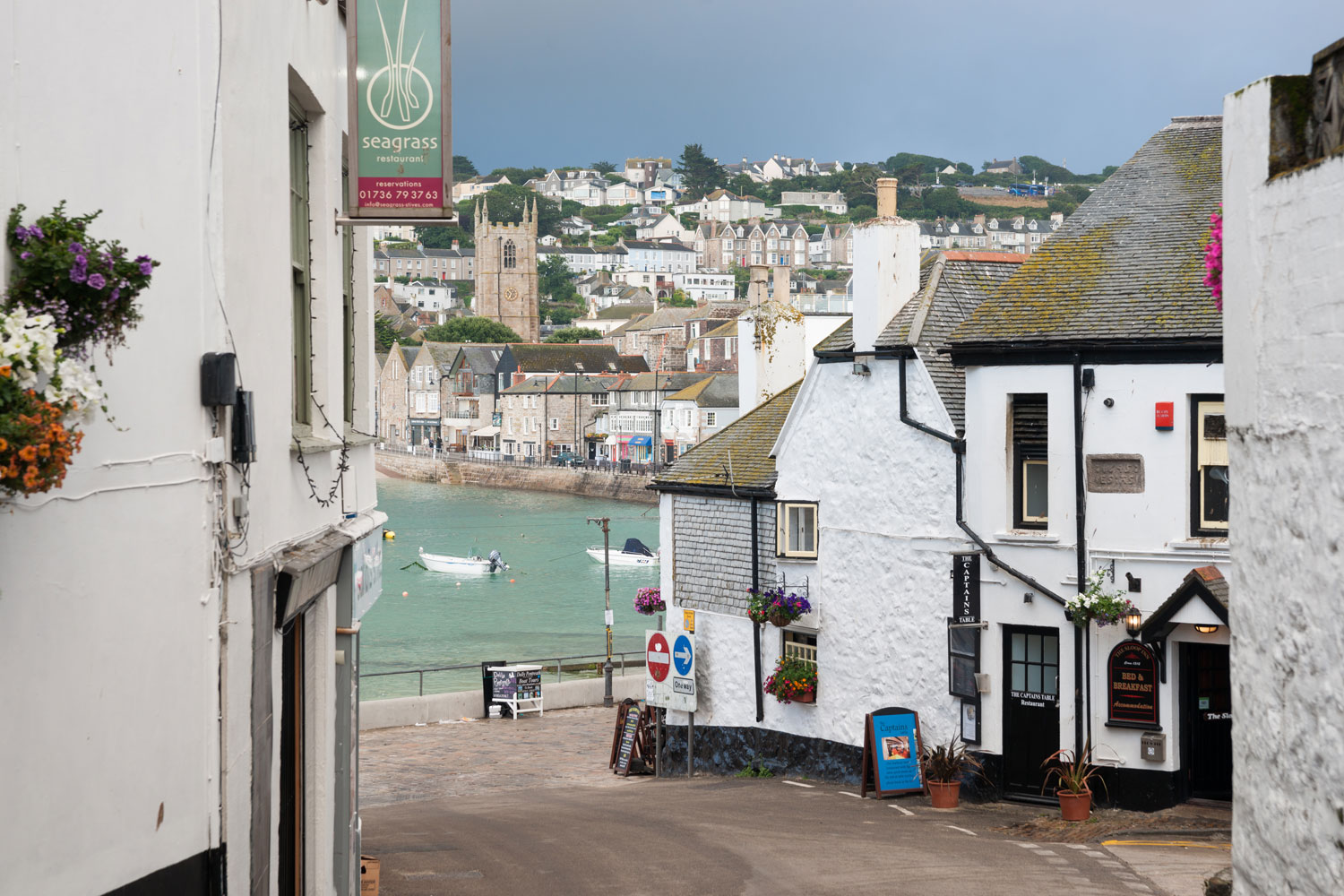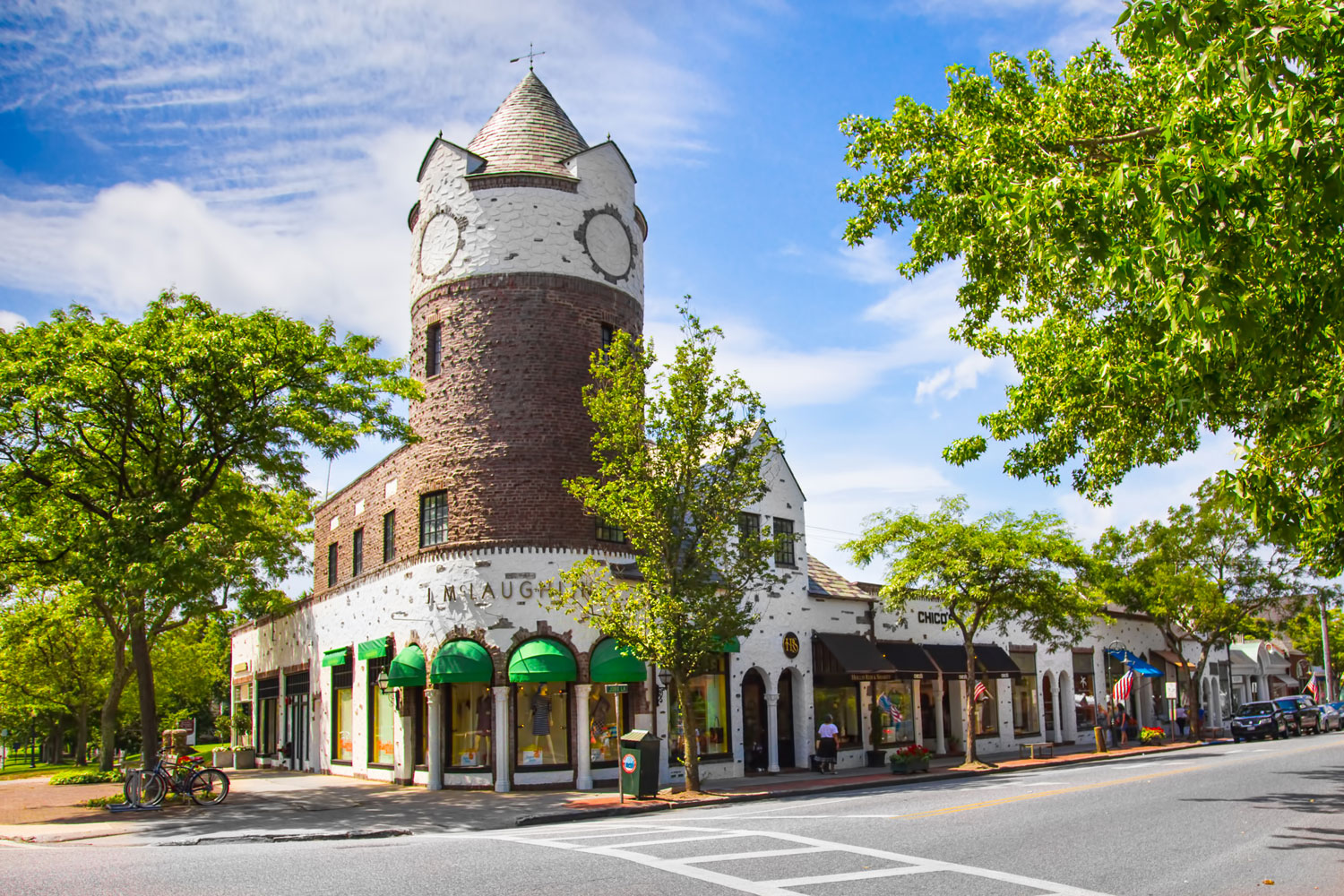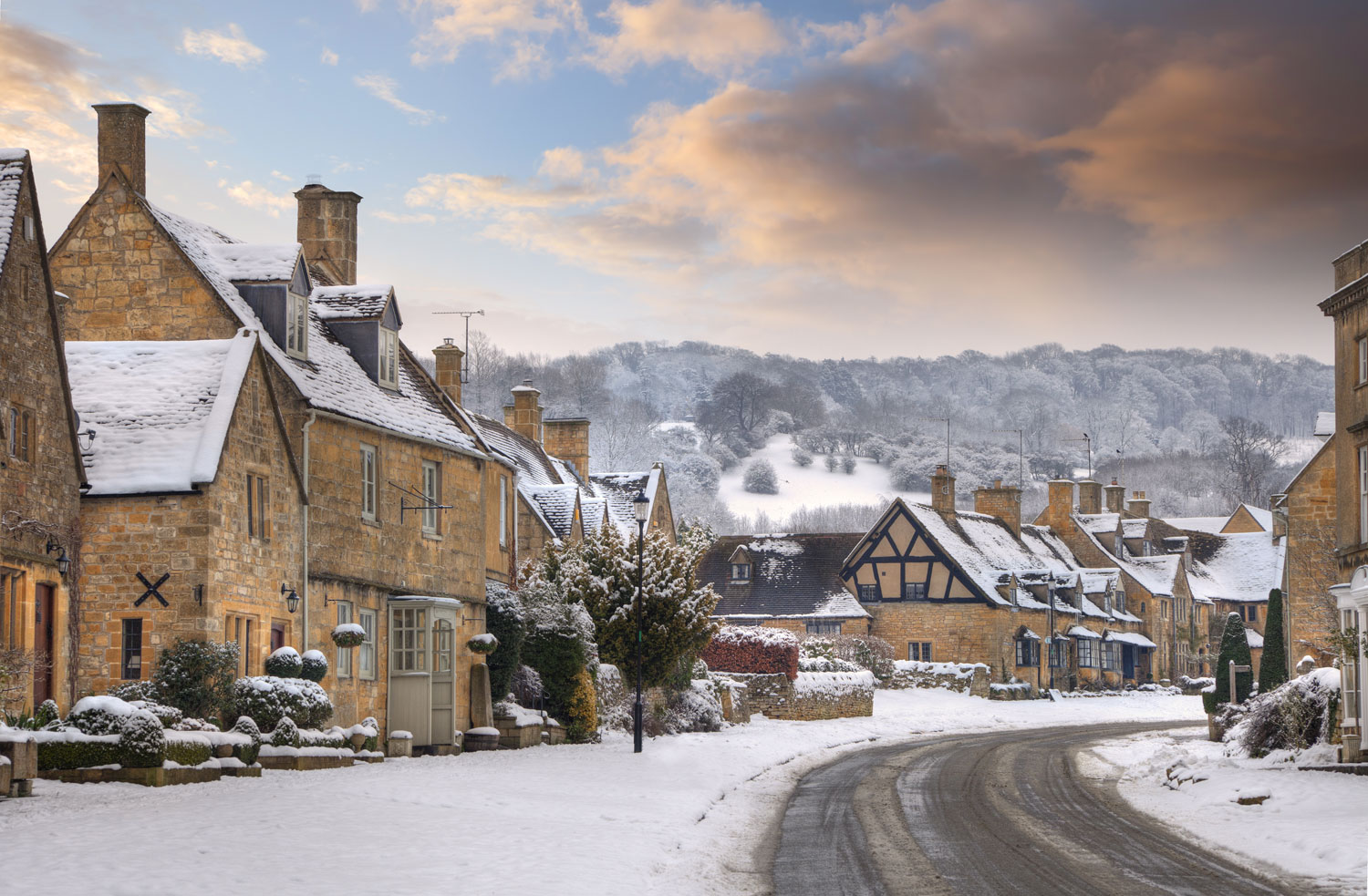
It’s easy to fall in love with a particular holiday destination. Whether it’s a luminous corner of Cornwall, the green Tuscan hills or a scorching Thai beach, people can find themselves drawn to the same locations again and again. Buying a second home in a place like this is a luxury that offers convenience, privacy and the chance to escape whenever the owner pleases. However, with environmental issues, bad press and the sometimes stressful responsibilities of homeownership, it could be argued that having a vacation home has lost some of its sheen.

People choose to own a second home for obvious reasons. It allows them to own a small part of the place they feel such an affinity for, a destination they can whisk away to at a whim and have complete control over the details—such as décor and length of stay. Furthermore, it can also become a source of income, with the opportunity to rent out their property to other holiday-goers when they aren’t using it. Given these benefits, it’s not unusual for the very wealthy to own multiple homes—perhaps a party pad in the city, beachside villa and countryside property—but it could be that trends are changing.
Wealthy individuals are increasingly choosing alternatives to direct homeownership. Luxury property investment clubs are one alternative that are increasingly popular, as hugely high-end homes are open to members without any need to actually buy and manage the property. Then there’s the news that even UHNW individuals are choosing to rent their luxury properties rather than buy them, further hinting at evolving priorities. So what’s driving these decisions? Financial considerations such as the increase in stamp duty definitely plays a part, as do potential headaches of owning multiple properties—like unexpected costs or worries about maintenance. Other factors however are less obvious.

There has been some very negative press around the proliferation of holiday homes in certain areas, with Cornwall in England being a particularly high-profile case. Here, the backlash from residents who resent incomers buying up property and pushing up house prices so the locals can no longer afford to live there, has been intense. The seaside town St. Ives even went so far as to vote in favor of restrictions on building new houses that aren’t intended for full-time residents, in a reaction to 25 percent of local housing stock being used for getaways rather than being lived in.

People who buy second homes and visit a place repeatedly actually make a huge contribution, appreciating the location and pouring lots of money into the local economy. To take St. Ives as an example, many locals believe that the town has improved since becoming a holiday hotspot. However, there are inevitable downsides, and people are becoming ever more aware of them. Pricing locals out of their home town is a key issue, but perhaps the most negative is the “ghost town” effect, where homes are empty in low seasons and businesses close down due to lack of customers.
Whether second home ownership help or hinder an area is a complicated issue with plenty of arguments on both sides, but despite some clear advantages, the negative tone of the news which has surrounded holiday homes is bound to put some people off.

Environmental concerns are another factor which may make some individuals think twice about a second home. Surveys from Booking.com suggest that people are becoming ever more interested in sustainable travel, and these concerns could make people uncomfortable about buying a house that, although would be lovely, will be wastefully empty for much of the year. They may also be put off by overdevelopment—too often a consequence of an area becoming popular—ruining the original charm that drew attention in the first place.

Of course, a second home will always be the best option for some people. Owning a hideaway from the world that’s completely private and entirely to their own taste can be a prospect that’s just too attractive to ignore. Furthermore, the purchase of second homes can rejuvenate declining towns, and while house prices may rise, it can’t be ignored that it’s the locals who will sell these houses to people intending to use them as holiday homes in the first place. Yet with changes in attitudes and aspirations, and increasing concern over the cultural and environmental impact of owning two (or even many) homes, they may lose their status as one of the most luxurious and desirable options for travel.









